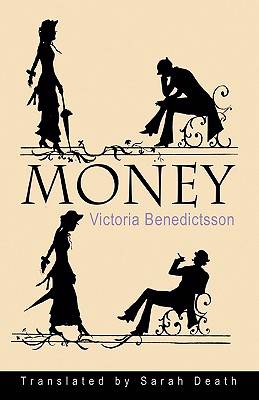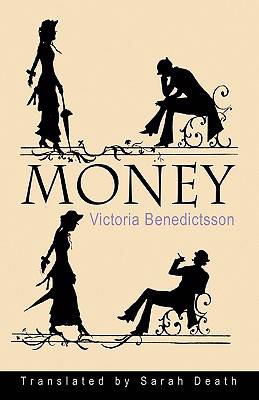
- Afhalen na 1 uur in een winkel met voorraad
- Gratis thuislevering in België vanaf € 30
- Ruim aanbod met 7 miljoen producten
- Afhalen na 1 uur in een winkel met voorraad
- Gratis thuislevering in België vanaf € 30
- Ruim aanbod met 7 miljoen producten
Zoeken
Money
Victoria Benedictsson
Paperback | Engels | Norvik Press Series B: English Translations of Scandinavian Literature | nr. 27
€ 13,95
+ 27 punten
Omschrijving
Victoria Benedictsson published Money, her first novel, in 1885. Set in rural southern Sweden where the author lived, it follows the fortunes of Selma Berg, a girl whose fate has much in common with that of Madame Bovary and Ibsen's Nora. The gifted young Selma is forced to give up her dreams of going to art school when her uncle persuades her to marry, at the age of sixteen, a rich older squire. Profoundly shocked by her wedding night and by the mercenary nature of the marriage transaction, she finds herself trapped in a life of idle luxury. She finds solace in her friendship with her cousin and old sparring partner Richard; but as their mutual regard threatens to blossom into passion, she draws back from committing adultery and from the force of her own sexuality. The naturalism and implicit feminism of Money place it firmly within the radical literary movement of the 1880s known as Scandinavia's Modern Breakthrough. Benedictsson became briefly a member of that movement, but her difficult personal life and her struggles to achieve success as a writer led to her suicide only three years later.
Specificaties
Betrokkenen
- Auteur(s):
- Vertaler(s):
- Uitgeverij:
Inhoud
- Aantal bladzijden:
- 202
- Taal:
- Engels
- Reeks:
- Reeksnummer:
- nr. 27
Eigenschappen
- Productcode (EAN):
- 9781870041850
- Verschijningsdatum:
- 27/08/2011
- Uitvoering:
- Paperback
- Formaat:
- Trade paperback (VS)
- Afmetingen:
- 127 mm x 196 mm
- Gewicht:
- 226 g

Alleen bij Standaard Boekhandel
+ 27 punten op je klantenkaart van Standaard Boekhandel
Beoordelingen
We publiceren alleen reviews die voldoen aan de voorwaarden voor reviews. Bekijk onze voorwaarden voor reviews.







